London house prices to outperform rest of UK, says economist
After years of underperformance, London house prices are set to grow faster than the rest of the country, according to Capital Economics. We look at the reasons behind this forecast – and whether other experts agree

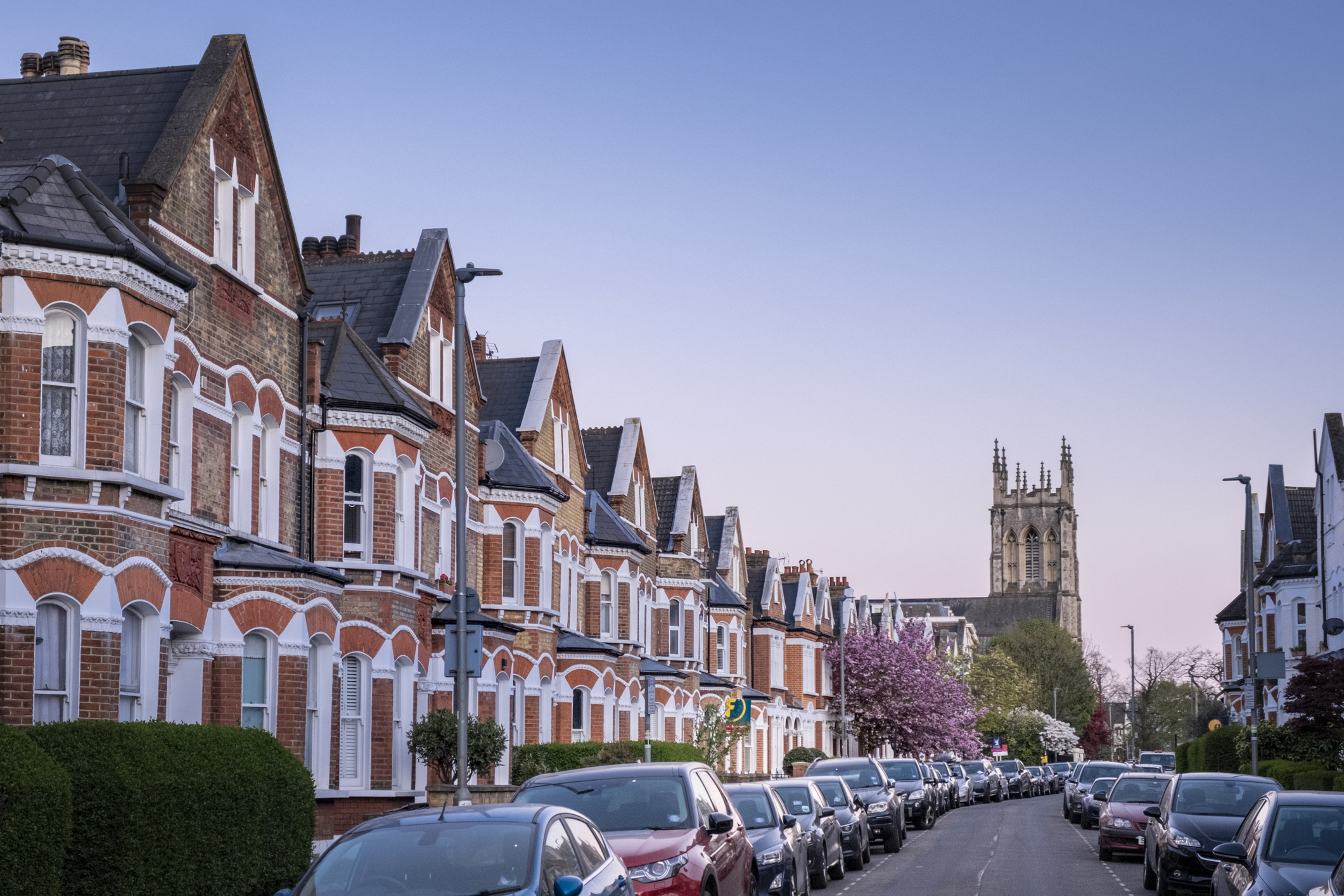
Get the latest financial news, insights and expert analysis from our award-winning MoneyWeek team, to help you understand what really matters when it comes to your finances.
You are now subscribed
Your newsletter sign-up was successful
Want to add more newsletters?

Twice daily
MoneyWeek
Get the latest financial news, insights and expert analysis from our award-winning MoneyWeek team, to help you understand what really matters when it comes to your finances.

Four times a week
Look After My Bills
Sign up to our free money-saving newsletter, filled with the latest news and expert advice to help you find the best tips and deals for managing your bills. Start saving today!
London house prices are forecast to rise by 6.5% next year – beating a prediction of 5% for the national average increase – according to an economics consultancy.
The punchy prediction follows years of underperformance for house prices in the capital. London house prices grew by just 1.4% over the past 12 months, according to Nationwide's Q2 index, giving an average price of £532,449.
In comparison, UK house prices rose by 2.9%, giving a price tag of £272,751 for the average home. The best-performing regions were Northern Ireland (up 9.7%) and the North (up 5.5%).
MoneyWeek
Subscribe to MoneyWeek today and get your first six magazine issues absolutely FREE

Sign up to Money Morning
Don't miss the latest investment and personal finances news, market analysis, plus money-saving tips with our free twice-daily newsletter
Don't miss the latest investment and personal finances news, market analysis, plus money-saving tips with our free twice-daily newsletter
However, Capital Economics believes that after nine consecutive years of underperformance, the combination of lower mortgage rates and very limited supply in the pipeline suggests there is scope for London house prices to outperform the rest of the country over the next few years.
Ashley Webb, UK economist at the consultancy, comments: “With affordability most stretched in London, our forecast for quoted mortgage rates to fall from 4.2% in July to around 3.7% by 2026 suggests London house prices stand to benefit the most.
“Indeed, when interest rates rise, house prices in the capital tend to be hit much worse than elsewhere. But when interest rates fall, London house prices typically rebound faster.”
The loosening of mortgage lending criteria and the relaxation of long-standing restrictions, which mean lenders can issue more than 15% of new mortgages with a loan-to-income ratio above 4.5, should also give property prices in London locations a boost, says Webb.
“Many homebuyers are now able to borrow more than before. With London’s average house price-to-earnings ratio one-and-a-half times bigger than the UK average, these measures will provide the largest support to house prices in the UK’s most expensive region.”
Webb names low supply of new homes in London as a third reason why property prices will rise.
Despite data showing a glut of supply being a reason behind a faltering property market – which could “temper house price growth in the capital in the near term” – Capital Economics says “housing starts in London as a share of existing dwellings had fallen by a further 68% by Q1 2025 while the rest of the UK recorded an 80% rebound”.
Webb adds: “Granted, as there is less space in London to build new homes relative to other UK regions, London typically has a higher share of new homes that are converted from existing residential and commercial buildings than elsewhere.
“But the recent rate of conversions in London does not adequately compensate for the very low level of new-build homes.”
This all means that house prices in the capital could grow faster than the UK average – although Webb doubts “the London price premium will return to its pre-pandemic level” and points out that some London areas will perform better than others.
Do other experts agree with this forecast?
A 6.5% London house price rise versus 5% for the UK overall is a bold prediction by Capital Economics.
The estate agency Knight Frank does not agree, with a 4% forecast for UK house prices next year, and 3% for Greater London. When drilling down to prime central London, the figure drops to 2.5%.
Looking ahead to 2027, 2028 and 2029, Knight Frank still thinks the capital will lag the national average.
Tom Bill, head of UK residential research at Knight Frank, tells MoneyWeek: “We expect London house prices to underperform the rest of the UK into next year, continuing the pattern of recent years.
“Generally speaking, more affordable parts of the country have seen higher levels of house price growth due to affordability constraints and nowhere is the squeeze tighter than in the capital. The house price gap between the rest of the UK and London will narrow but not to the point that it reignites demand in the capital over the next couple of years.”
He adds that parts of the UK economy, such as tech, biosciences and retail warehousing, are expected to strengthen in the coming years – but these tend to be located away from the capital, so won’t benefit London house prices.
According to Jeremy Leaf, north London estate agent and a former Royal Institution of Chartered Surveyors (RICS) residential chairman, any increase in house prices in London over and above the rest of the UK is likely to be “generated by more settled economic conditions and improvements in affordability and buying power”.
He points out that London continues to be desirable to potential buyers despite higher property prices because of its strong employment prospects, and “it is hard to see that changing anytime soon”.
However, Leaf stresses that there’s a lot of variation in the capital, and any house price increases will depend on the actual area, and the type of property.
“We would expect higher price increases in the more popular areas in London, particularly in the suburbs, as in the centre the market is likely to continue to be compromised by the changes to non-dom status.
“Values also differ according to property type – on the ground we are seeing that needs-driven buyers are looking for longer-term single-family houses rather than activity in the flat market, which is so plagued by over-supply at present.”
Why have London house prices underperformed in the past?
London enjoyed a period of outperformance between 2010 and 2016, according to Capital Economics, but since then, house prices in the capital have underperformed the UK average.
This is due to several reasons, such as slowing employment growth in London after the Brexit referendum, higher taxes for buy-to-let landlords (which has encouraged some to sell), and higher mortgage rates.
The freedom of remote work after the pandemic – allowing households to move to cheaper locations with larger homes and outside space – has also kept a lid on London house prices.
Get the latest financial news, insights and expert analysis from our award-winning MoneyWeek team, to help you understand what really matters when it comes to your finances.

Ruth is an award-winning financial journalist with more than 15 years' experience of working on national newspapers, websites and specialist magazines.
She is passionate about helping people feel more confident about their finances. She was previously editor of Times Money Mentor, and prior to that was deputy Money editor at The Sunday Times.
A multi-award winning journalist, Ruth started her career on a pensions magazine at the FT Group, and has also worked at Money Observer and Money Advice Service.
Outside of work, she is a mum to two young children, while also serving as a magistrate and an NHS volunteer.
-
 Should you buy an active ETF?
Should you buy an active ETF?ETFs are often mischaracterised as passive products, but they can be a convenient way to add active management to your portfolio
-
 Power up your pension before 5 April – easy ways to save before the tax year end
Power up your pension before 5 April – easy ways to save before the tax year endWith the end of the tax year looming, pension savers currently have a window to review and maximise what’s going into their retirement funds – we look at how
-
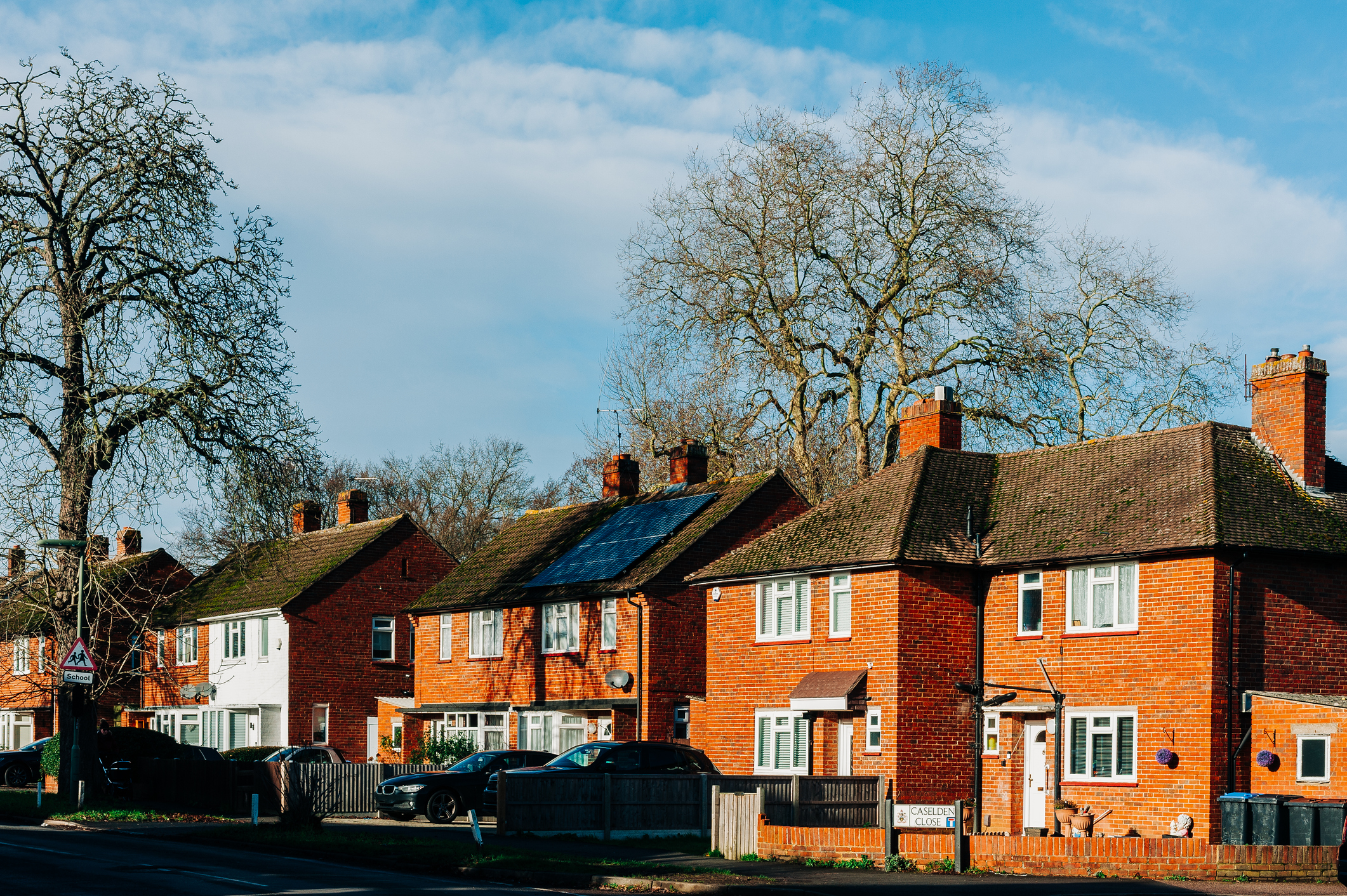 Nationwide: UK house price growth bounced back in January
Nationwide: UK house price growth bounced back in JanuaryHouse price growth slowed in 2025 but the new year is showing more positive signs for the property market
-
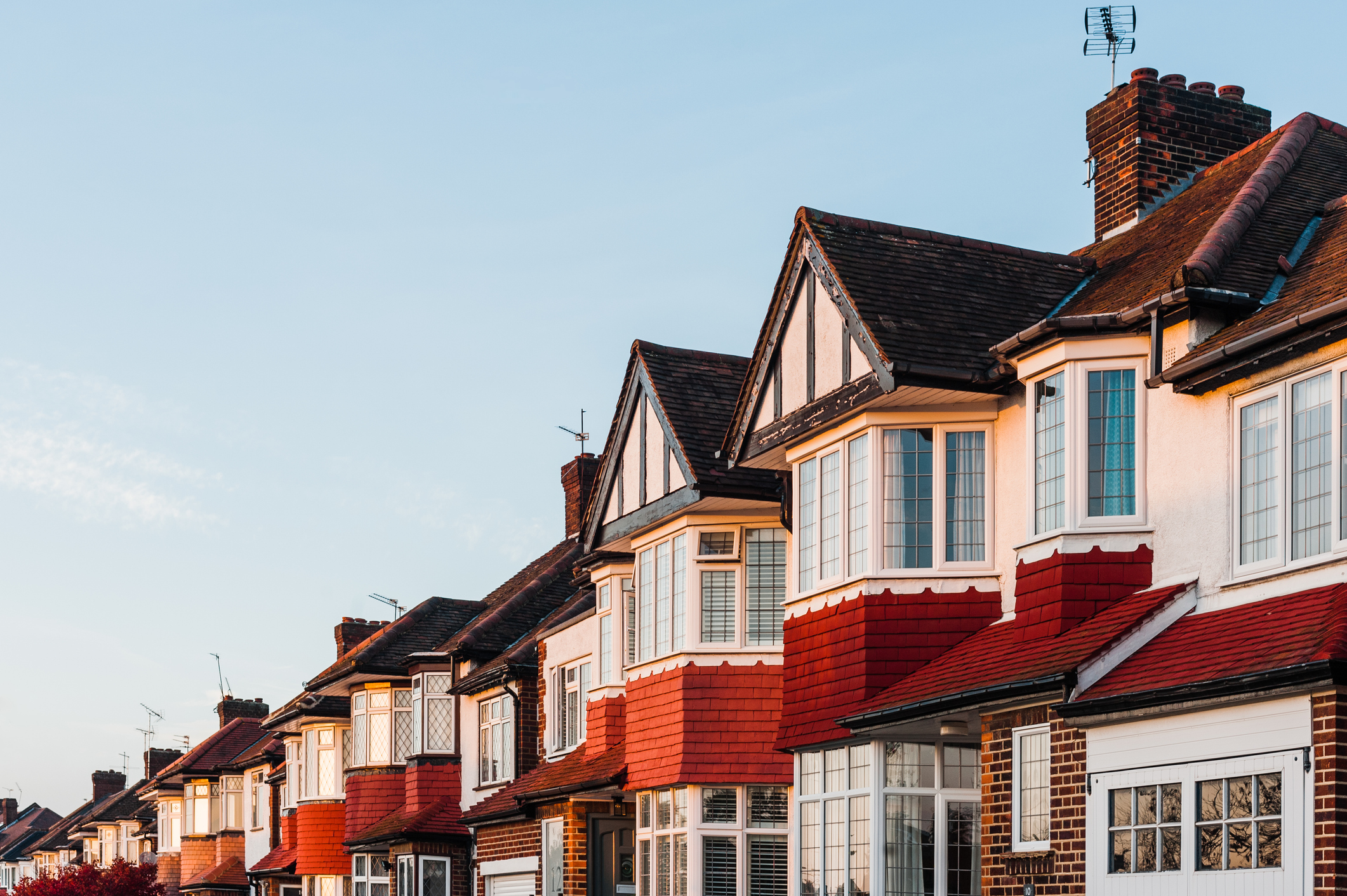 Nationwide: House price growth slows but market remained resilient despite Budget worries
Nationwide: House price growth slows but market remained resilient despite Budget worriesThe average price of a house in the UK was £272,998 in November, as annual house price growth slowed to just 1.8%, Nationwide said.
-
 Nationwide: Average house prices rose in January – will property values recover in 2024?
Nationwide: Average house prices rose in January – will property values recover in 2024?News The latest Nationwide house price index shows lower mortgage rates are boosting house prices. What does this mean for the property market?
-
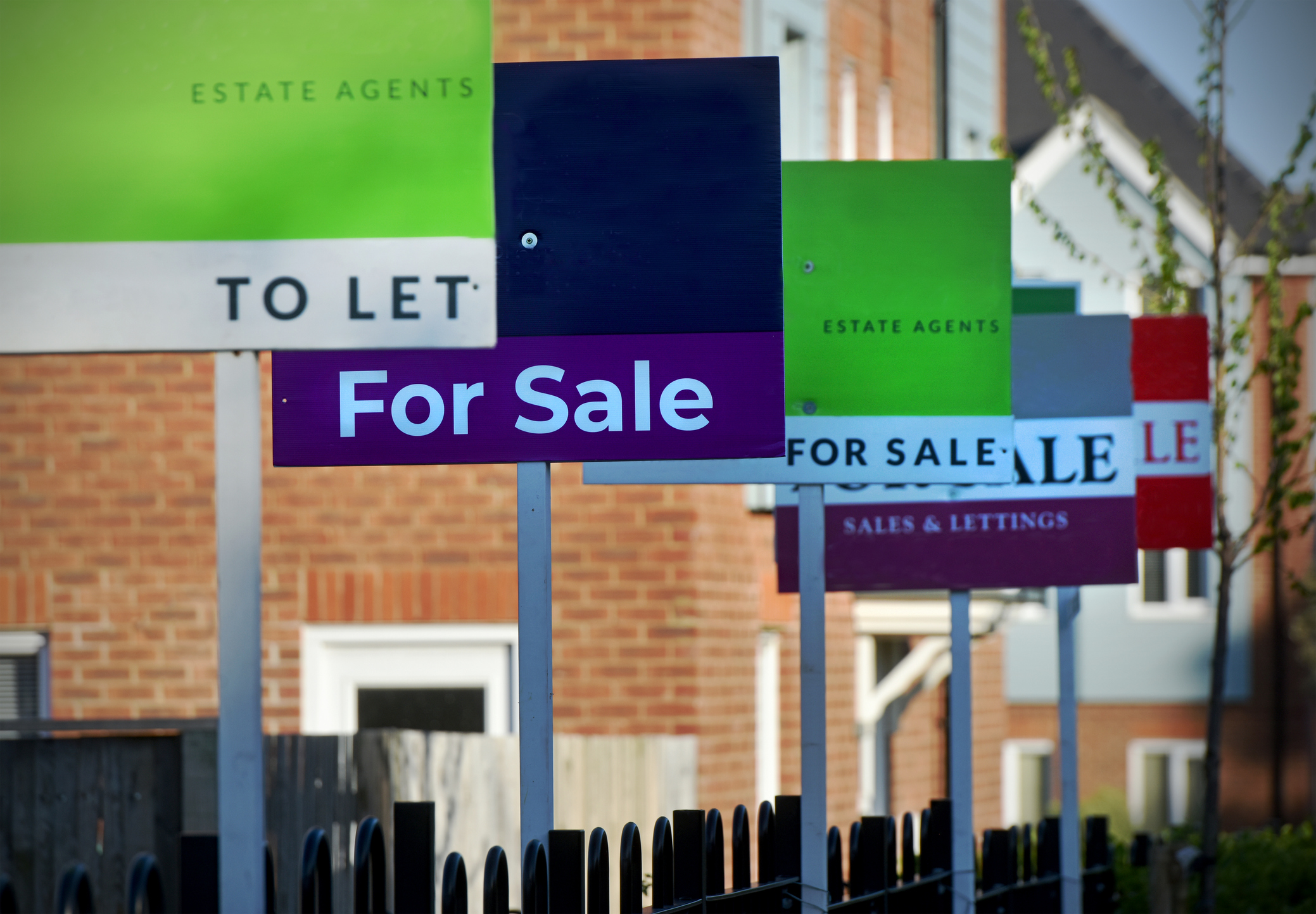 Nationwide: House prices fell by 1.8% in 2023 – will they drop further this year?
Nationwide: House prices fell by 1.8% in 2023 – will they drop further this year?News Nationwide’s latest house price index reveals how the property market performed in 2023
-
 Nationwide: House prices fall at fastest rate since July 2009
Nationwide: House prices fall at fastest rate since July 2009High borrowing costs continue to undermine the housing market, but some buyers are making their move before rates rise further.
-
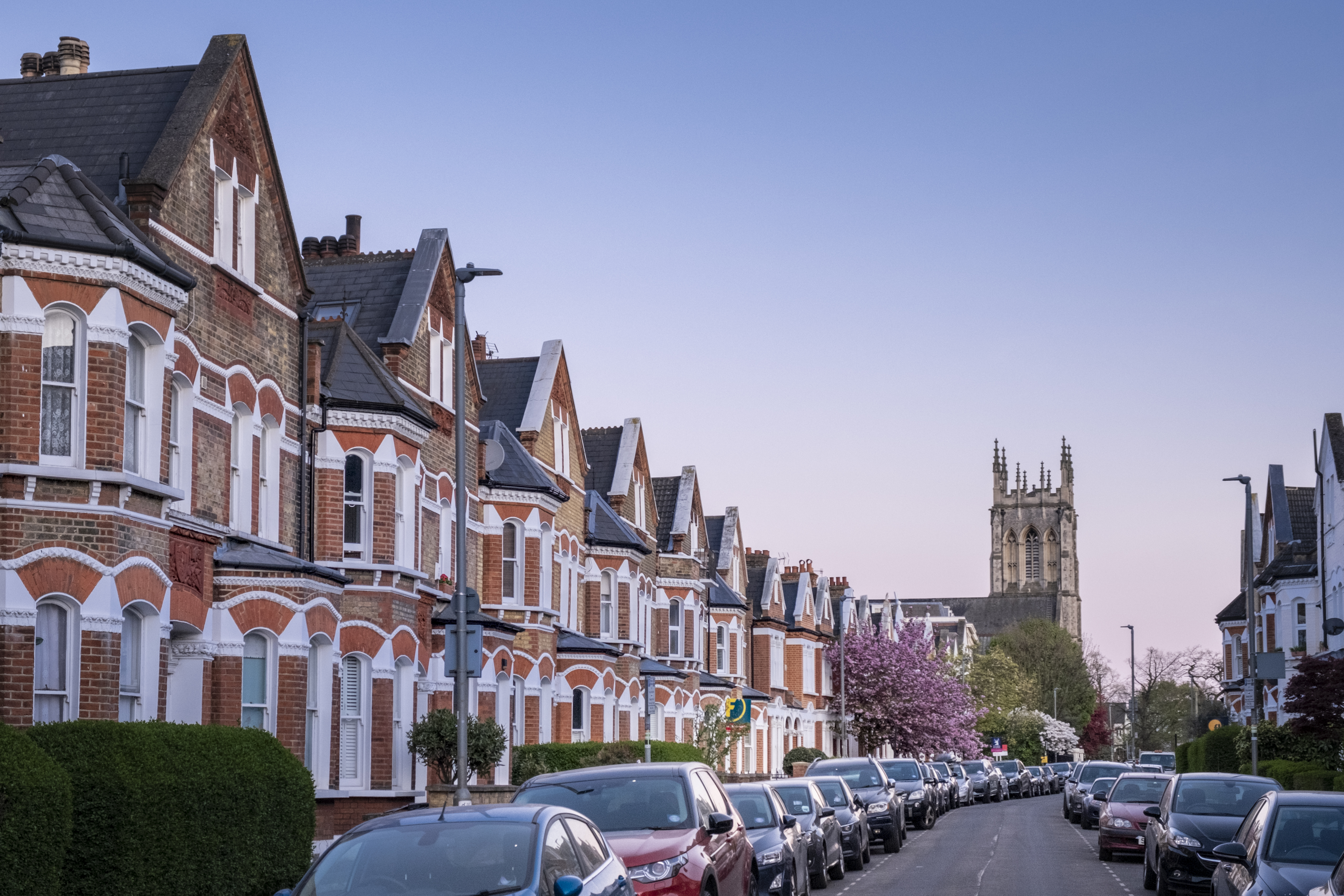 Will mortgage rates fall this year?
Will mortgage rates fall this year?The mortgage price war may be over in a blow for borrowers. Whether you're buying a home, remortgaging or you’re a buy-to-let landlord, we look at the outlook for mortgage rates this year and into 2026
-
 Halifax: House prices bounce in February, but market remains subdued
Halifax: House prices bounce in February, but market remains subduedNews Latest house prices show a rise in February - has the potential house price crash stalled?
-
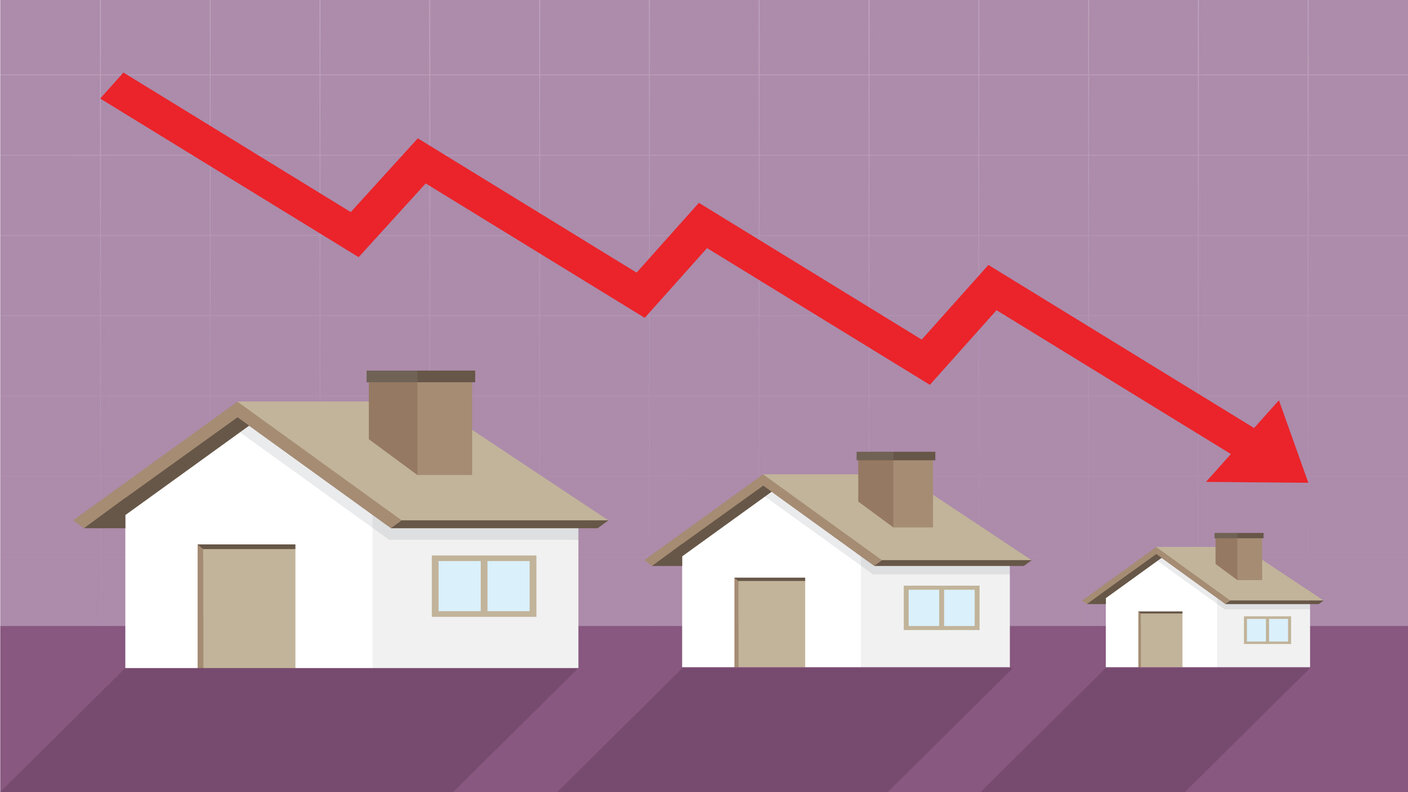 Halifax: UK house prices tread water as mortgage costs rise
Halifax: UK house prices tread water as mortgage costs riseNews Halifax’s latest house price index shows the average house price has remained largely unchanged from December.